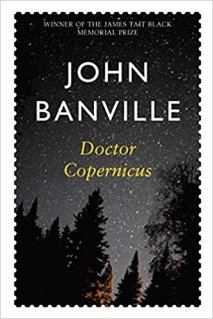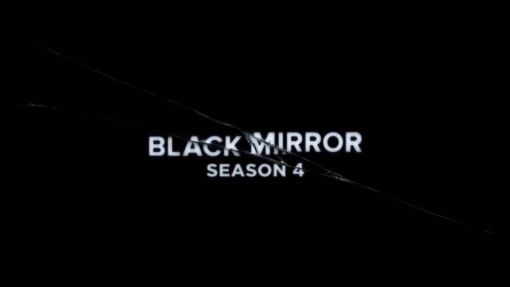
Like most bibliophiles I’m a sucker for a second hand bookshop.
The kind where ‘antiquarian’ or ‘vintage’ books rub alongside contemporary offerings, maybe with a smattering of old maps, prints, and postcards thrown in for good measure. The kind with a faint air of fustiness but never of neglect, and where everything is ordered, though it might take a while to figure out exactly what that order might be. The kind with a labyrinth of small rooms you can lose a happy hour in exploring, and then emerge, blinking, into daylight clutching a crisp, brown paper bag of books you would never have dreamed of buying before you stepped over the threshold.
Kernaghan Books at The Bluecoat, Liverpool, is just such a shop. It was there I stumbled across Doctor Copernicus.
The novel was published in 1976, a little more than 25 years before Banville won the 2005 Booker prize with The Sea, The Sea, (a book I’ve read but remember nothing of, with hindsight, not the best auspice). I’ve had in mind for some time to hone my school-girl astronomy and so an historical novel by a prize winning author about the man who turned our perception of the universe inside out: that’s worth one pound, surely?
Of course the monetary price you pay for a book is neither here nor there; it’s the time you set aside to read that represents the real investment. (Though my cousin has been known to chose a book by its thickness on the grounds it maximises v.f.m.) So is Doctor Copernicus worth the time?
Banville’s prose is undoubtedly of the highest quality. But for the most part I was (whisper it) bored.
With Copernicus, his brother Andreas, his friend Giralomo, Bishop Giese, cousin Frau Schilings, the whole myriad of characters we meet as we follow the Doctor from cradle to grave, I engaged only fleetingly, if at all. Likewise with the story: there were patches, glimmers, but overall I struggled to sustain an interest, not least because of the machinations, political and religious, in which Copernicus seemed caught.
By the end I couldn’t have cared less if Copernicus’ seminal De Revolutionibus Orbium Coelestium (On the Revolutions of the Celestial Spheres) ended up being published or thrown on the fire.
Somehow I doubt that was the aimed-for response.
Rating: * Not for me but worth a try.
Share this:




